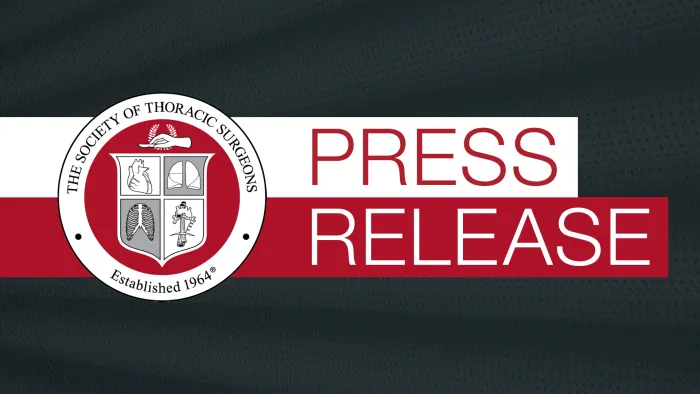Don’t miss the latest Thinking Thoracic episode as host Erin Gillaspie, MD, is joined by Stephanie Worrell, MD, associate professor, University of Arizona, and thoracic surgeon, Banner Health, for a lively and insightful post-ASCO discussion. Together, they unpack the significance of the CheckMate 577 and Matterhorn trials, and explore what these groundbreaking studies mean for the future of esophageal and gastroesophageal junction cancer care.
Tune in to hear their take on:
